Principal adapts to shifting goalposts
People
Growing up a ‘couple of kicks’ from Alberton Oval, John Konopka has always had a strong connection with the Port Adelaide region. Now principal of Mount Carmel College, he is helping guide the next generation as they grapple with the big questions in life.
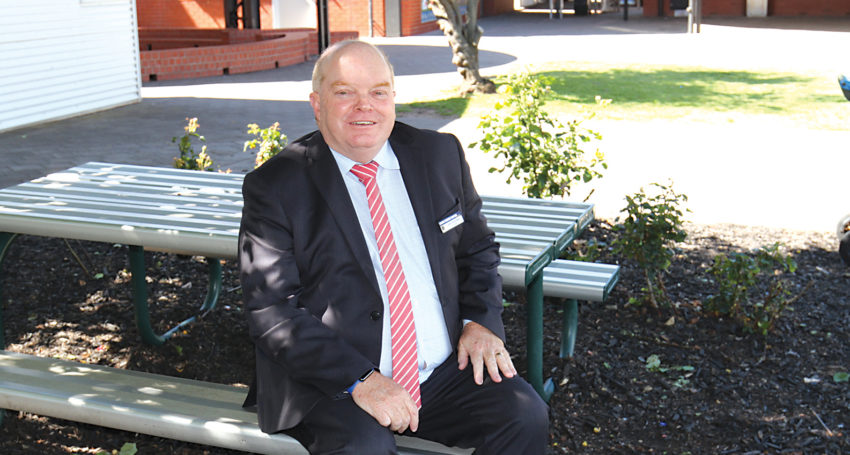
John Konopka was raised like many Catholics his age. There was Mass every Sunday, sitting in the front pew with his parents and siblings, serving as an altar boy, collector and counter – and even spending his Christmas holidays volunteering as a labourer when the Port Adelaide church underwent a major renovation.
He was educated by the ‘Joeys’ at Our Lady of Mount Carmel Parish School and then ventured into the city for an all-boys education at Christian Brothers College.
Advertisement
His parents were members of the local Vinnies conference and his mum volunteered at the Pennington Hostel for new arrivals.
Now living in Millswood with his wife Louise and two school aged children and attending the local Emmaus parish, John has fond childhood memories of the Carmelite priests dropping in for a meal or having a game of table tennis with him and his four siblings.
In essence, his was a Catholic upbringing to the core.
However, while reflecting on the strong faith that was central to his childhood and remains a guiding light today, John understands the pressing need for change, the need for the Church to have a different approach in the 21st century.
At the September Diocesan Assembly he relished being part of this change process at the local level. As a member of the panel discussion he spoke of his “dyed in the wool” Catholic upbringing and now as principal of Mount Carmel College, providing an opportunity for young people today to “be the face of Christ”.
As a former SANFL field umpire, John is used to being involved in challenging situations and keeping his cool when things get heated. He understands that people’s views on ways to ‘fix’ the Church can be divisive, and that there is concern about the Catholic religion and the empty pews on Sunday.
But his years of experience as a teacher and now principal in the Catholic education system, coupled with his devout faith, give him a sense of hope and optimism for the future.
“The Plenary Council is obviously an important part of the bigger picture of saying how does our Church need to keep evolving in the modern times,” he said.
“The Church has always been evolving and yes, we have different challenges now, but every generation has faced challenges.
“We have the internet, Sunday trading and I don’t think we will go back to the old ways of having packed churches on Sundays but does that mean religion is falling away – absolutely no!
“We’ve just got to find new ways of engaging with people that fits with 21st century families.”
Not suggesting he has all the answers, John believes that two of the biggest areas that need to be explored are engagement with different cultural groups and finding ways to connect with young people in their late teens and early twenties.
“A lot of people say the younger generation aren’t interested in religion but that’s not true and I take great exception to that,” he added.
Advertisement
“Students are very much wanting what they would call ‘spirituality’.
“They are searching for meaning in life. They may not express it through traditional religions but they absolutely are seeking the answers to the bigger questions in life.”
John said many times when celebrating a graduating student’s journey through the Catholic education system he was heartened to hear that their experience had been such a positive one.
“Sometimes I hear students say that ‘I was really scared when I first came here. I was from a government school, my family wasn’t religious and I was worried you were trying to convert me’.
“But they tell me that throughout their time at Mount Carmel College they have been able to understand so much more about being a Catholic.
“I feel proud that we give them the opportunities to know the loving God that I believe in and that they have the opportunity to see it in action.
“It’s a holistic approach here. Yes, there are formal Masses and liturgies and prayer in the morning…but students get to understand it’s not just a period of time where we learn about religion in religion class.
“It’s about what we say and do and act and feel, all of the time.
“As one boy expressed it to me, ‘it’s not always about getting my equal share, it’s about making sure life is fair for everyone and so some people need more help than others’.
“I thought that sentiment was beautiful.”


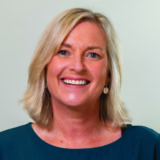
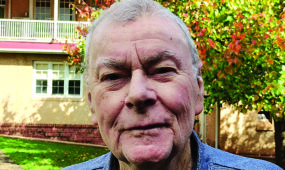
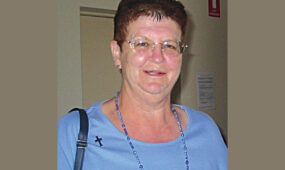
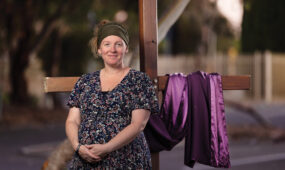
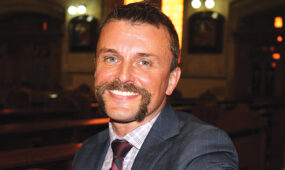

Comments
Show comments Hide comments